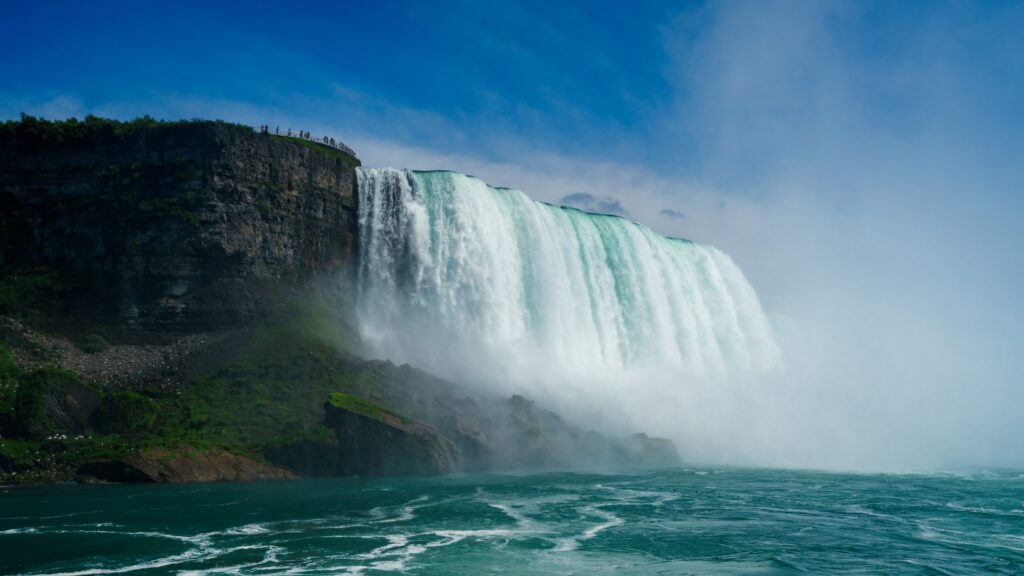
photo: Yuhan Du
The extreme difficulty in making Large Scale Economic System Change happen lies in the fact that the millions of agents in the system are so closely and strongly connected and embedded in evolved economic activities and lifestyles. It means the often entrenched existence of lifestyles based on comfort, attitudes, interests, and beliefs, on behavioral patterns that block necessary change. Especially where vested interests are concerned. It often also requires the destruction of locked-in capital, infrastructures, knowledge, skills, and business models. And of public policies and institutions. The European Common Agricultural Policy is a good example.
I am convinced that this quote from my favorite novel by Hemingway works in two directions: towards failure [bankruptcy], but also success … If there is one thing that I have learned since the time I became interested in the challenges of sustainable development 30 years ago and especially in making a system transition happen, it is that change comes slowly first, and then [often unexpectedly] it builds momentum and evolves exponentially.
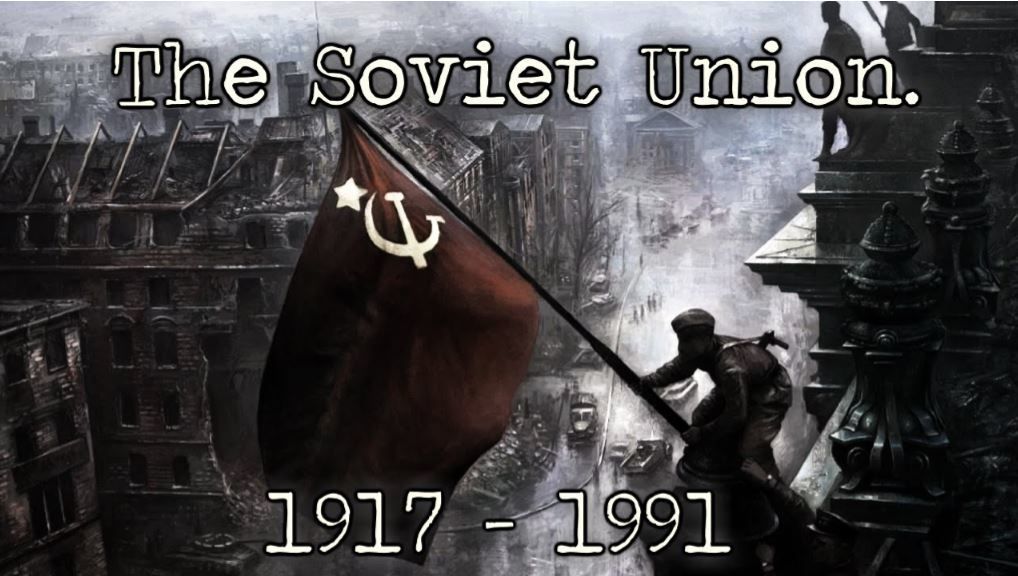
Examples of global scale “sudden” failures, bankruptcies: are the collapse of the Soviet empire in December 1991 and the collapse of the USA neo-liberal ideology in September 2008.
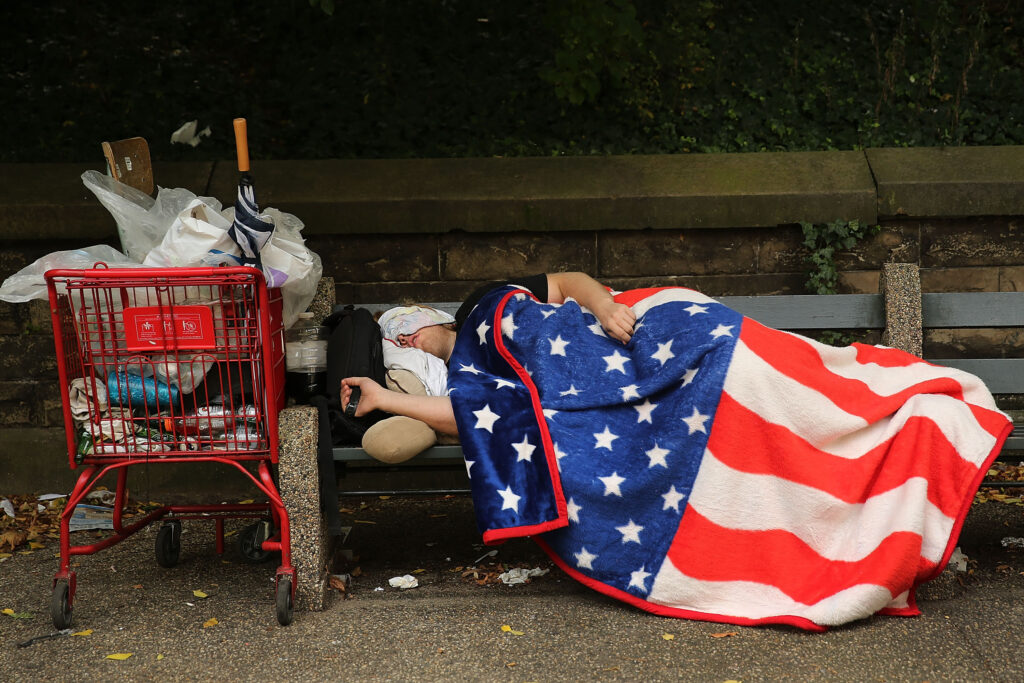
Two examples of slow, gradually and then sudden success:

Robert Rubinstein founded his Triple Bottom Line Investing Group already in 1998. His visionary international conferences about Environmental and Social Governance and Impact Investing became recognized as the place to be for the [then rather] small vanguard of investors and asset managers that were interested in shifting funds to sustainability issues. For a long time, Rubinstein was neglected by the mainstream financial system. Today, since 2020, the same mainstream crowd tumbles over each other to realize Rubinstein’s vision.
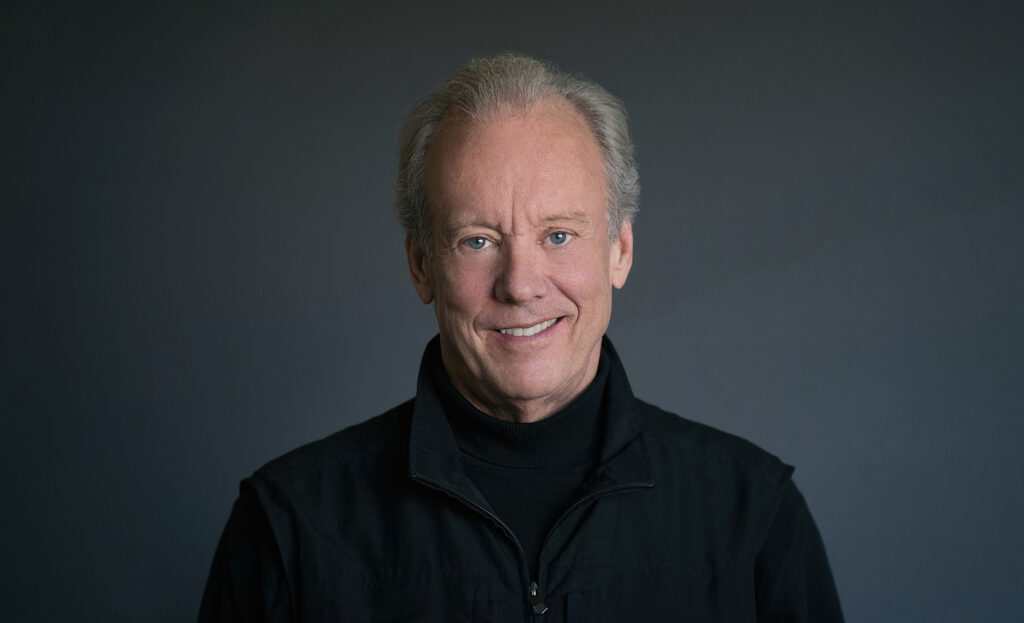
Already in June 1996 at the Habitat Conference in Istanbul, I heard architect William McDonough delivering an impressive and visionary speech about “Designing for Abundance”. With Michael Braungart, he co-founded 2002 the Cradle to Cradle Products Innovation Institute, which at that time was ridiculed by mainstream industry innovation experts. Today, his conceptual thinking about the necessity of a circular economy is one of the pillars of the European Green Deal Strategy.
[photograph: DuHun]
Transitions need visionary, brave, and fiercely committed individuals. Frontrunners. Entrepreneurial personalities with great perseverance and resilience. Their opponents will first ignore them, then ridicule them, and finally, fight them with all available means. But when these frontrunners find themselves in tune with the spirit of the times, massive support forces are released, and then there is no way to stop the transition.
There is nothing new under the sun. Niccolo Machiavelli was an Italian Renaissance diplomat, philosopher, and writer. He published “The Prince” [Il Principe] in 1532. In it, he argued that politics have always been executed with deception and treachery, but he also stated that a ruler who is criticized for his treacherous or even violent deeds should be excused when the intention and the result for society are beneficial. The term Machiavellian often connotes political deceit, deviousness, and “realpolitik”.
I think that in 2021 we can see a clear economic transition taking place. The colossal problems we face, have now unleashed forces that support and even accelerate such a transition.
It is principally the combination of climate change, gross inequality, loss of biodiversity, covid-19, social unrest, shortages of essential raw materials, imminent food shortages, and pollution that have finally made the vast majority of business executives, investors, and politicians realize that a radical change is urgently needed and inevitable.

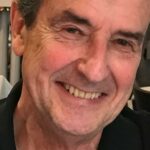
This website is a personal narrative, based on 50 years experience in international business, non governmental organisations and consulting practise. My guest lectures at the Institute of Environmental Sciences [Leiden University, The Netherlands] are derived from it.
Ludo van Oyen – Brussels, 2021
Some photos are taken from the web. If you think your photo is used and you disagree, please send me an e-mail and I will remove it from this site.